D.Doc
2022/2023 MAPPING OF THE EUROPEAN DOCTORATE IN DESIGN


About D.Doc
Europe has historical global leadership in design education at Cycles 1 and 2 and, over the last 25 years, has pioneered doctoral education at Cycle 3. Despite major progress in the delivery of transparency in the learning, teaching and assessment of Cycles 1 and 2 for design education through the European Credit transfer and Accumulation System (ECTS), this has had limited impact on Cycle 3.
Vast amounts of unordered, unconnected, and often inaccessible materials relating to the learning, teaching and assessment processes of the Cycle 3 design doctorate plus its tangible outputs/outcomes reside in academic institutions throughout current and former Erasmus+ member countries. The D.Doc Erasmus+ Strategic Partnership project translated the fragmented landscape of 2022/2023 into an ordered, accessible, and searchable knowledge framework to provide transparency, recognition of skills/qualifications and promote internationalisation.
D.Doc provides a 2022/2023 snapshot of doctoral activity:
- Location of 173 institutions offering doctorates in design
- Thirteen searchable characteristics of doctoral study offered by the institutions
- Twenty Impact Case Studies with abstract, summary PDF with link to thesis and video interview with researcher to explore motivations, challenges and highlights of the doctoral journey
- Fourteen Research through Design Case Studies with abstract, summary PDF with link to thesis and video interview with researcher to explore motivations, challenges and highlights of the doctoral journey
- Overview of the 2022/23 doctoral landscape with searchable titles of 943 on-going doctorates (registered but not completed) with name of institution and start date
Aims and Objectives
D.Doc exploits the existing but largely inaccessible breadth and depth of information relating to the design doctorate in Erasmus+ member countries by identifying scope, approaches, outcomes, and excellence to provide transparency, recognition of skills/qualifications, promote internationalisation and to inspire future economic, social, and cultural innovation through scholarly activity. To achieve this goal, it has defined the following objectives:
- Identify and collate details on institutions / colleges / faculties / schools / departments that deliver doctorates in design for 33 current and former Erasmus+ member countries.
- Identify and collate core/essential information on doctoral provision for 33 current and former Erasmus+ member countries.
- Generate criteria by which to identify excellence in the design doctorate and collate Impact and Research through Design (RtD) Case Studies.
- Produce Impact and Research through Design (RtD) Case Studies that capture the nature of the doctorate.
- Undertake an audit of the state of the art in design doctorates in 33 current and former Erasmus+ member countries.
- Translate collated content from Objectives 1 to 5 into an accessible Open Educational Resource (OER) to enable effective/searchable access and dissemination.
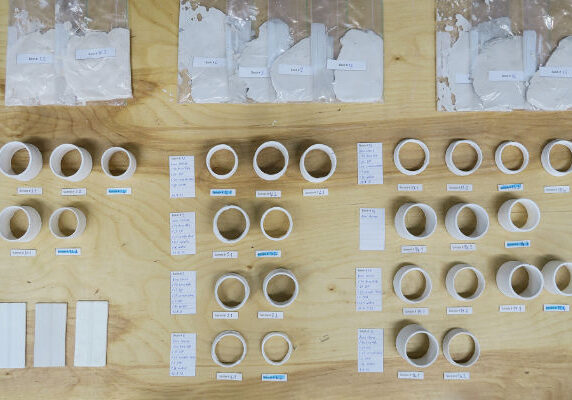
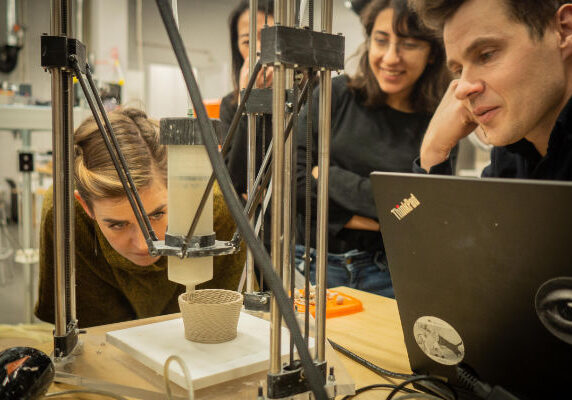
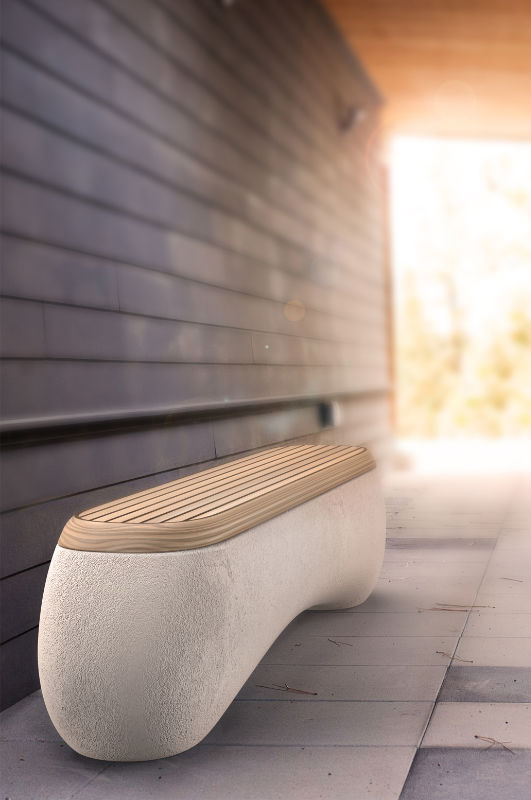
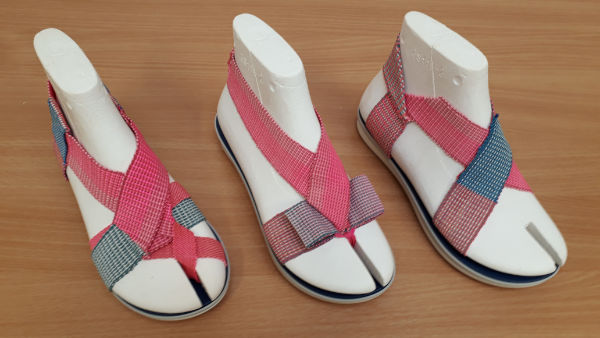
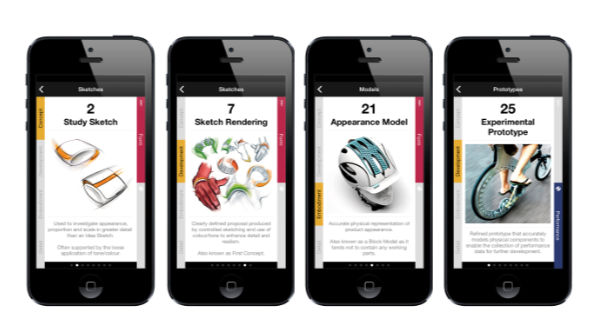
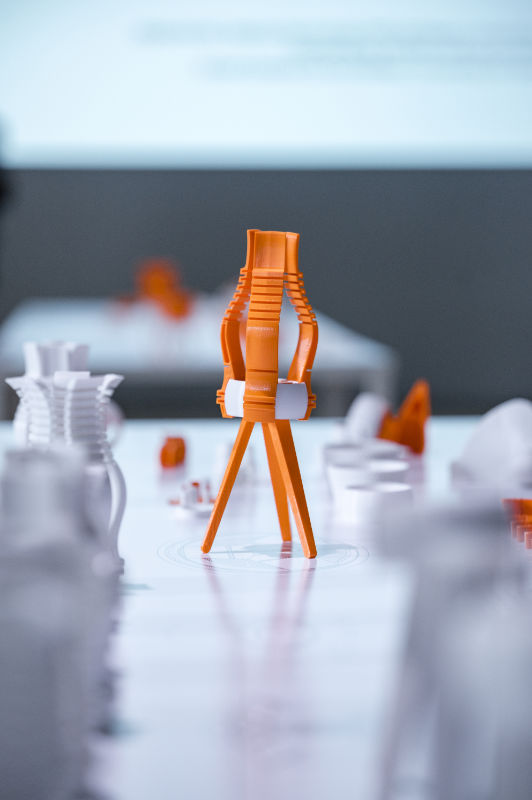
Methodology
Overview
The large amounts of data to be collected and number of interactions with stakeholders necessitated the allocation of geographical regions amongst the four academic collaborators. This could loosely be identified as allocating Loughborough University (UK) Western Europe, Aalto University (Finland) Northern Europe, Middle East Technical University (Turkey) Eastern Europe and Sapienza University (Italy) Southern Europe. Each of the four academic partners worked with research associates for data collection and the management of the open educational resource (OER) was undertaken by ATiT, an audio-visual and information technologies company based in Belgium. In addition to responsibility for data collection in dedicated geographical regions and OER development, each of the five partner organisations was responsible for the management of specific intellectual output work packages. By way of a disclaimer, data collection was restricted to published content and participation of stakeholders at academic institutions.
Intellectual Output 1 - Distribution of Doctoral Provision
Search criteria for fields/disciplines was based on the UK’s 2021 Research Excellence Framework Unit of Assessment (UoA) 32 - Art and Design: Practice and Theory. The geographical scope of the survey was limited to the 33 Erasmus+ member countries as per the closing date of the call for funding (23 April 2020). Having undertaken online searches to identify institutions offering doctorates in design, the list was presented to the Executive Board of Cumulus for evaluation, resulting in several recommendations and modifications. The finalized database contains 173 institutions offering doctorates in design. Distribution of activity in the design doctorate has been visualised in the map of Europe on the OER to indicate the number of institutions per country. Using the zoom function, the map can be interrogated further to reveal the location of institutions.
Intellectual Output 2 - Content of Doctoral Programmes
Having identified institutions offering design doctorates, detail on content that would be of interest to potential/current students and the wider academic community was collected using headings that were initially derived from the experience of academic partners. Feedback was sought from PhD students at the four academic institutions participating in the research. Following feedback, 15 searchable content fields were finalised.
The list then formed the basis for sub-heading content that was generated using content from the four academic partner institutions. The content represents a snapshot of the available doctoral design programmes across the 33 Erasmus+ member countries, up to date to the end of 2022.
Intellectual Output 3 - Excellence Case Studies
To showcase doctoral activity and provide inspiration for future scholars, excellence case studies were identified and collated based on the approach taken for Impact Case Studies in the UK Research Excellence Framework. Two templates were developed for completion by potential contributors. These were for Impact Case Studies in which there had been significant impact beyond academia; and Research through Design Case Studies in which the researcher had employed their own creative practice to support data collection. The call for contributors was distributed to over 3000 subscribers of the online PhD-Design JISCMail academic discussion forum, dedicated to “…. discussion of PhD studies in design and related research, teaching and supervision”. Snowball sampling was also encouraged and initiated by the four academic leads. Twenty Impact Case Studies and 14 Research through Design Case Studies were received. After consideration by the academic partners on the Research Assessment Framework criteria of ‘reach’ and ‘impact’, a total of 28 case studies were identified for inclusion in the OER.
Intellectual Output 4 - Excellence Case Study Videos
Contributors of case studies were given an opportunity to provide more in-depth insights into their work by being supported in the production of a short video interview. Topics covered in the interview were devised to explore issues such as their motivation to study at a particular institution and why they chose a particular type of doctorate, such as Research through Design.
Intellectual Output 5 - Current Doctoral Activity
To provide an overview of the state of the art, institutions identified in Intellectual Output 1 were invited to contribute a list of titles of on-going (not yet awarded) doctoral studies in design and the date at which study commenced. Informed consent was required for the inclusion of the information in the OER. Nine hundred and forty titles were received and integrated as searchable content in the OER (e.g., a keyword search of “industrial design” would identify all on-going doctorates with this term in the title).
Intellectual Output - Open Educational Resource (OER)
Intellectual Outputs 1 to 5 were translated into an OER that was launched to the academic community in summer 2023. In compliance with EU project requirements, there is agreement to maintain the OER website for two years after completion of the project (to 29 June 2025).

